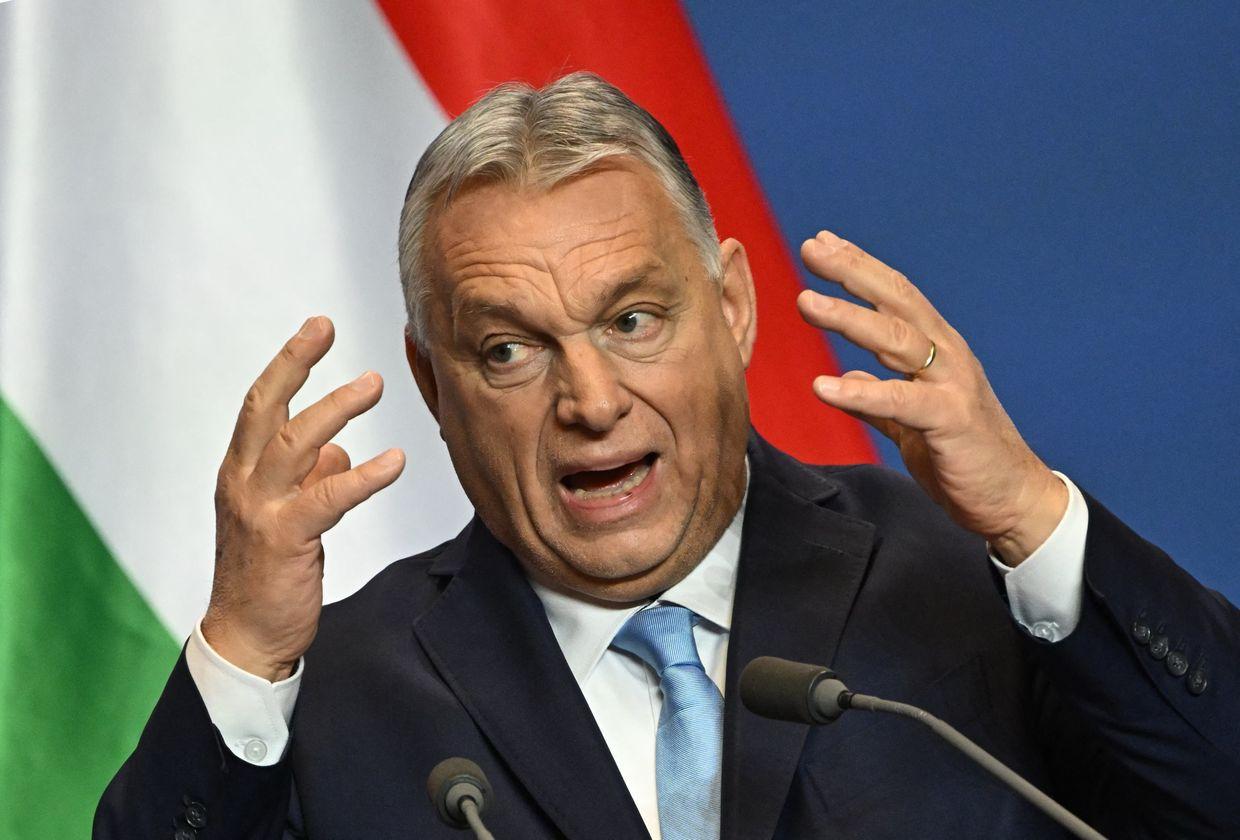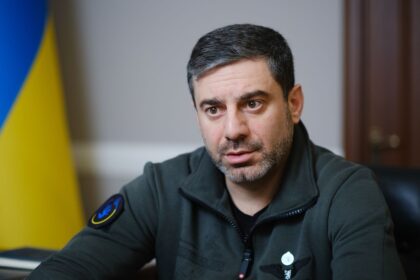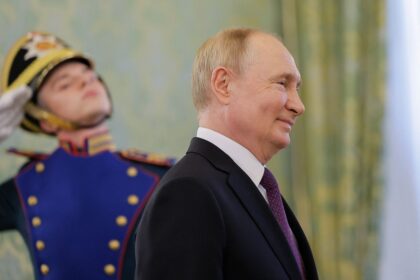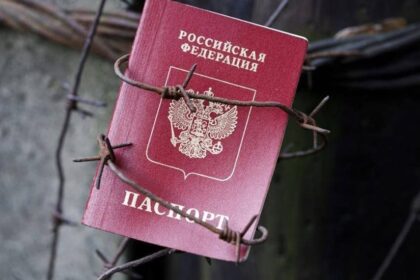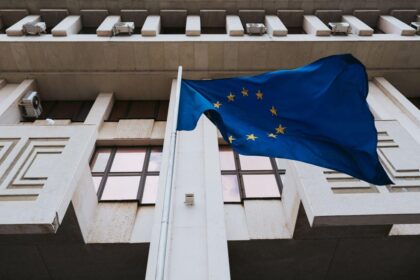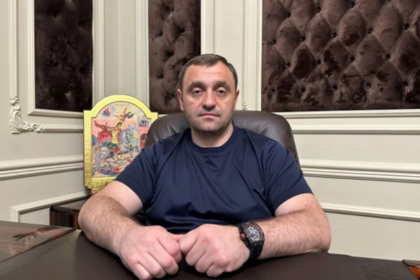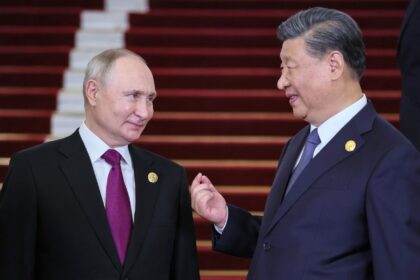**Hungary’s PM Accuses Ukraine of Meddling in Internal Affairs**
In a recent development, Hungarian Prime Minister Viktor Orban has accused Ukraine of meddling in Hungary’s internal affairs and colluding with an opposition party. The claims were made by Orban after a meeting of the Hungarian Defense Council on May 13.
According to European Pravda, Orban stated that Ukraine had initiated a coordinated campaign to vilify Hungary, aiming to undermine the country’s initiative to hold a poll on Kyiv’s EU membership bid. This comes just days after Ukraine’s Security Service (SBU) claimed to have exposed a Hungarian espionage network in western Ukraine and detained two agents.
**Escalating Tensions**
In response to these allegations, Hungary expelled two Ukrainian diplomats, prompting reciprocal expulsions by Kyiv. Orban further escalated the tensions by claiming that Ukraine had “renewed its contacts” in Hungary to carry out this campaign. He also alleged that Ukraine had launched a campaign against the Hungarian Defense Forces with the help of a Hungarian politician.
“This thing has never happened in our memory,” Orban stated, likely referring to the Tisza party led by opposition figure Peter Magyar. The opposition politician visited Kyiv in July 2024, raised funds for humanitarian aid, and pledged to “end Hungary’s isolation from the West” if elected.
**National Consultation on EU Membership**
Orban announced that Hungary would proceed with a national consultation on Ukraine’s EU membership bid, emphasizing that “neither Brussels nor Kyiv can decide instead of the Hungarian people.” The poll is non-binding and part of Orban’s regular political playbook. Past consultations have been criticized for low turnout and manipulative questions.
For instance, a 2023 consultation on EU migration policy asked Hungarians if they supported Brussels’s creation of “migrant ghettos” in Hungary. Less than 20% of voters participated, but 99% of those who did responded “no.”
**Deeper Analysis**
The escalation of tensions between Hungary and Ukraine comes at a time when Kyiv formally applied for EU membership in 2022 and began accession talks in June 2024. As a member state, Hungary holds veto power over each phase of the process.
Orban’s opposition to military aid for Ukraine and his warnings that Ukraine’s EU membership would “destroy” Hungary have been well-documented. This latest development highlights the ongoing tensions between Budapest and Kyiv, with implications for both countries’ relationships within the European Union.
As a member state, Hungary holds significant influence over the EU’s policies, particularly on issues related to its own internal affairs. The national consultation on Ukraine’s EU membership bid is likely to further exacerbate these tensions, potentially affecting the country’s relations with Brussels and Kyiv.
In conclusion, the accusations made by Orban against Ukraine highlight the complex and often contentious relationships within the European Union. As both countries navigate their respective relationships within the bloc, it remains to be seen how this latest development will unfold.
Read More @ kyivindependent.com




